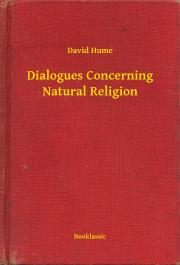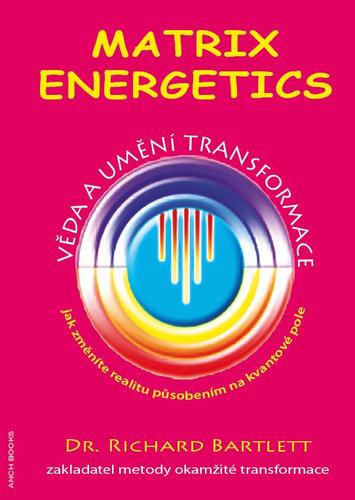Dialogues Concerning Natural Religion - David Hume
Knihu kúpite v
1 e-shope
od
0,88 €
Panta Rhei
0,88 €
Skladom
(dodanie do 3 dní)
Krátky popis
David Hume, the 18th century philosopher, economist, and historian,
uses a lively Socratic discussion by three characters to explore
the nature of religion and God, particularly whether and how one
can know that God exists. Having been accused of heresy during his
lifetime, Hume knew not to publish this book until after his death,
so he bequeathed the manuscript, a few days before his death, to
his printer, but if the printer didn't publish it within 2 years,
the manuscript would go to Hume's nephew, also named David Hume,
which it did and the nephew did publish it.One of the oldest and
most popular arguments for the existence of God is the design
argument, that order and "purpose" in the world must be proof of a
divine origin: Where one sees a watch, one may infer the existence
of the watchmaker. Here Philo, Cleanthes, and Demea volley their
arguments back and forth. Cleanthes advocates for the existence of
God based upon observed design in the world, Philo counters that
argument, and Demea represents rigid orthodoxy. The dialogues
continue for a total of 12 parts, exploring many ideas such as that
there may be more than one supreme God, that our universe may have
been spawned without a creator from an older one as a plant
procreates by spreading its seeds, and other questions about the
natural world and the concept of the Deity. Scholars disagree
regarding which character most closely represents Hume's own voice
in the dialogues, but most say that Philo speaks for Hume. The
Dialogues and Hume's other philosophical writings about the nature
of "knowing" would lead one to a conclusion that Hume was an
agnostic, not an atheist.In the introduction, as a letter from
Pamphilus to Hermippus, Hume explains his choice of the dialogue as
the style for this presentation: "Any question of philosophy ...
which is so OBSCURE and UNCERTAIN, that human reason can reach no
fixed determination with regard to it; if it should be treated at
all, seems to lead us naturally into the style of dialogue and
conversation. Reasonable men may be allowed to differ, where no one
can reasonably be positive. Opposite sentiments, even without any
decision, afford an agreeable amusement; and if the subject be
curious and interesting, the book carries us, in a manner, into
company; and unites the two greatest and purest pleasures of human
life, study and society."Open this eBook and you will find yourself
in Cleanthes' library alongside Pamphilus, the pupil of Cleanthes,
as he silently audits these dialogues concerning natural religion
among Cleanthes, the precise philosopher, Philo, the sceptic, and
Demea, the inflexibly orthodox believer.Images of the actual
hand-written manuscript and editorial notes about this and all of
Hume's published writings are available at the website
http://www.davidhume.org/.(Sources: Wikipedia and
www.davidhume.org, which is a website created and maintained by
Amyas Merivale, University of Leeds, and Peter Millican, Hertford
College, University of Oxford.)

